Self-management: 7 skills to become a better leader
Summary
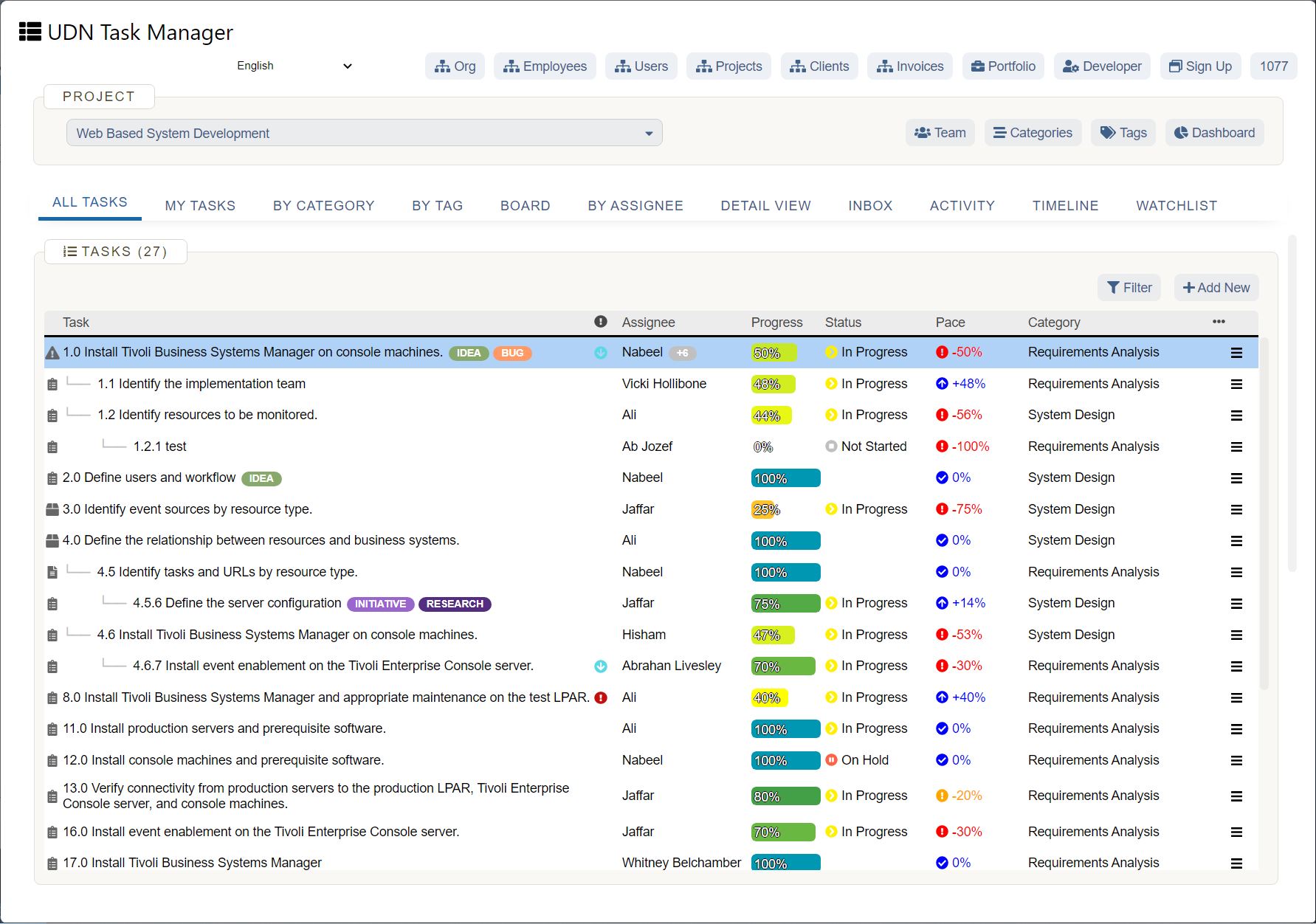
Self-management is your ability to regulate your behaviors, thoughts, and emotions in a productive way. Learn the 7 most important self-management skills to become a better leader.
Emotional intelligence, self control, good time management—these are all important components of having strong self-management skills. Having a good sense of self-management enables you to be a better leader for your team.
From the top project management skills to the know-how you should embody, we’ll go over what self-management is and the seven soft skills that you need to become a better leader.
What is self-management?
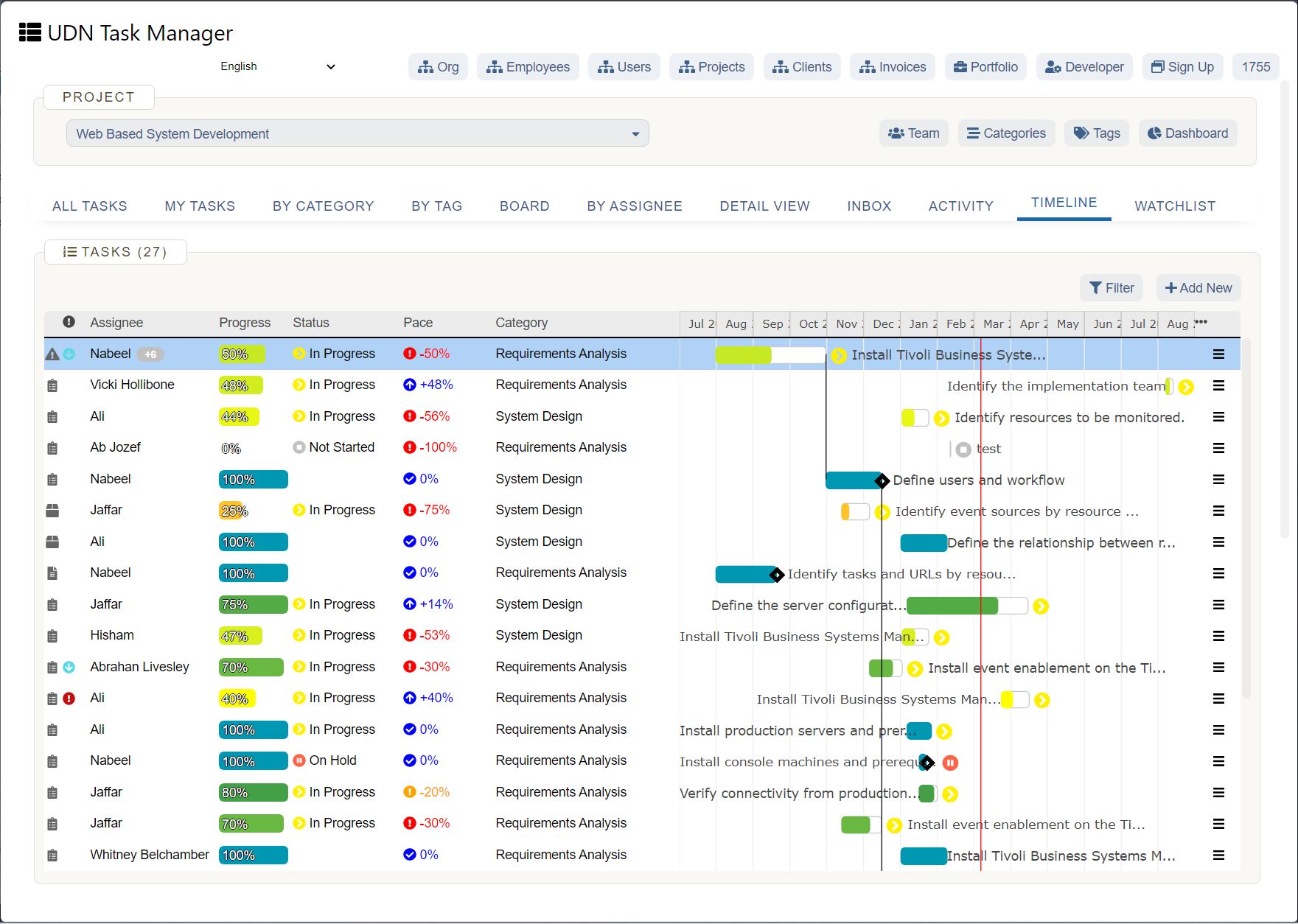
Self-management is your ability to regulate your behaviors, thoughts, and emotions in a productive way. This means excelling in both personal and professional responsibilities for the benefit of yourself and your team.
Effective self-management leads to better emotional intelligence by supporting your self-awareness and well being. This means staying on top of social cues and respecting your own personal needs.
Self-management is important for any leader to embody, but that doesn’t mean it comes easily. Practice makes perfect and with the right tools, you can be good at self-management. Let’s dive into the top seven self-management skills to develop.
Skill 1. Time management
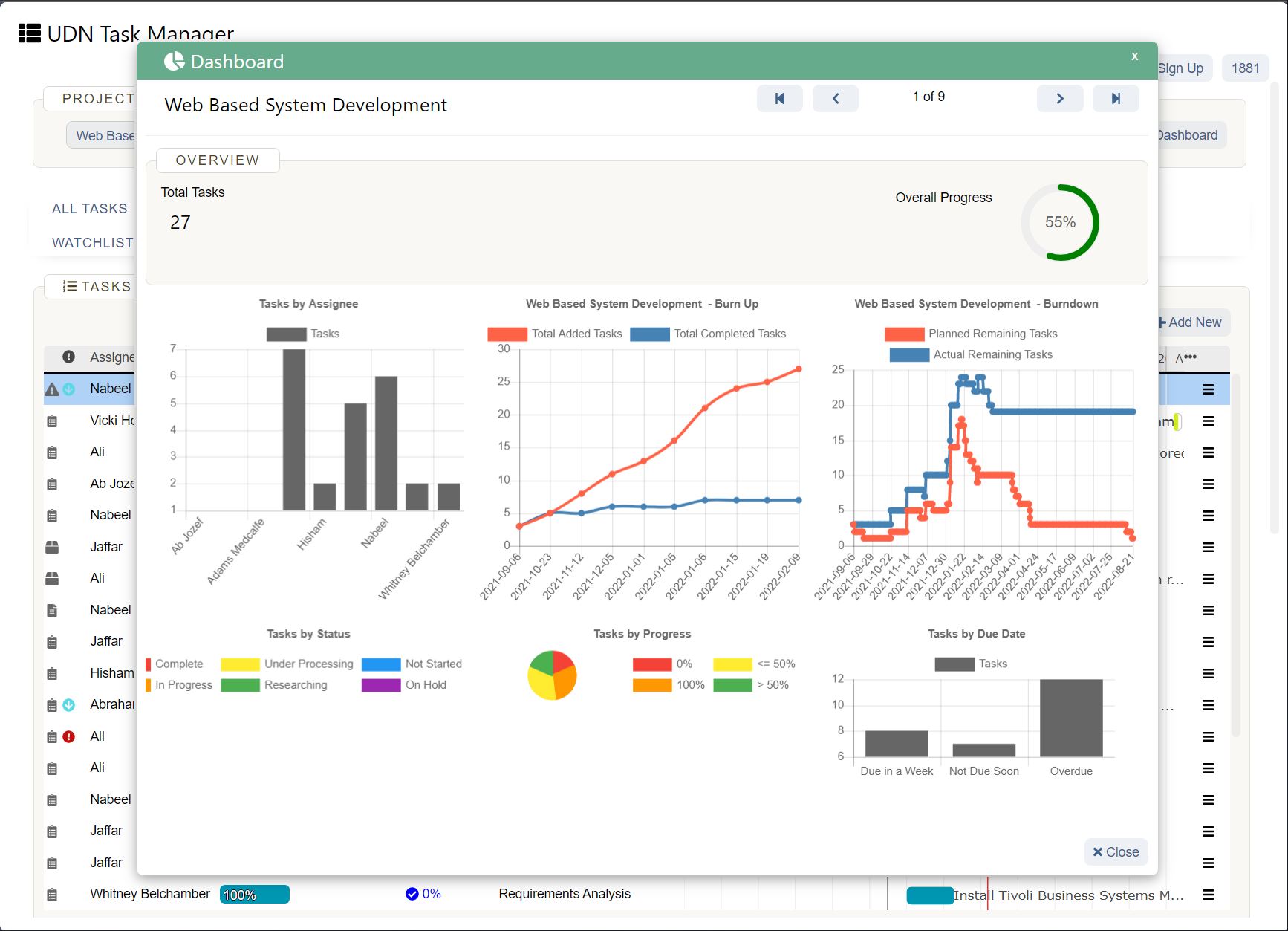
Time management is the ability to control how you use your time. This means prioritizing your most important tasks first and managing your daily to-do list . A leader who has good time management skills can manage their time effectively without the need for external help.
Having good time management skills can help you stay engaged and avoid procrastination . This is an important skill for a leader to have in order to not only stay on top of work but also to empower those around you to do the same.
Skill 2. Self motivation
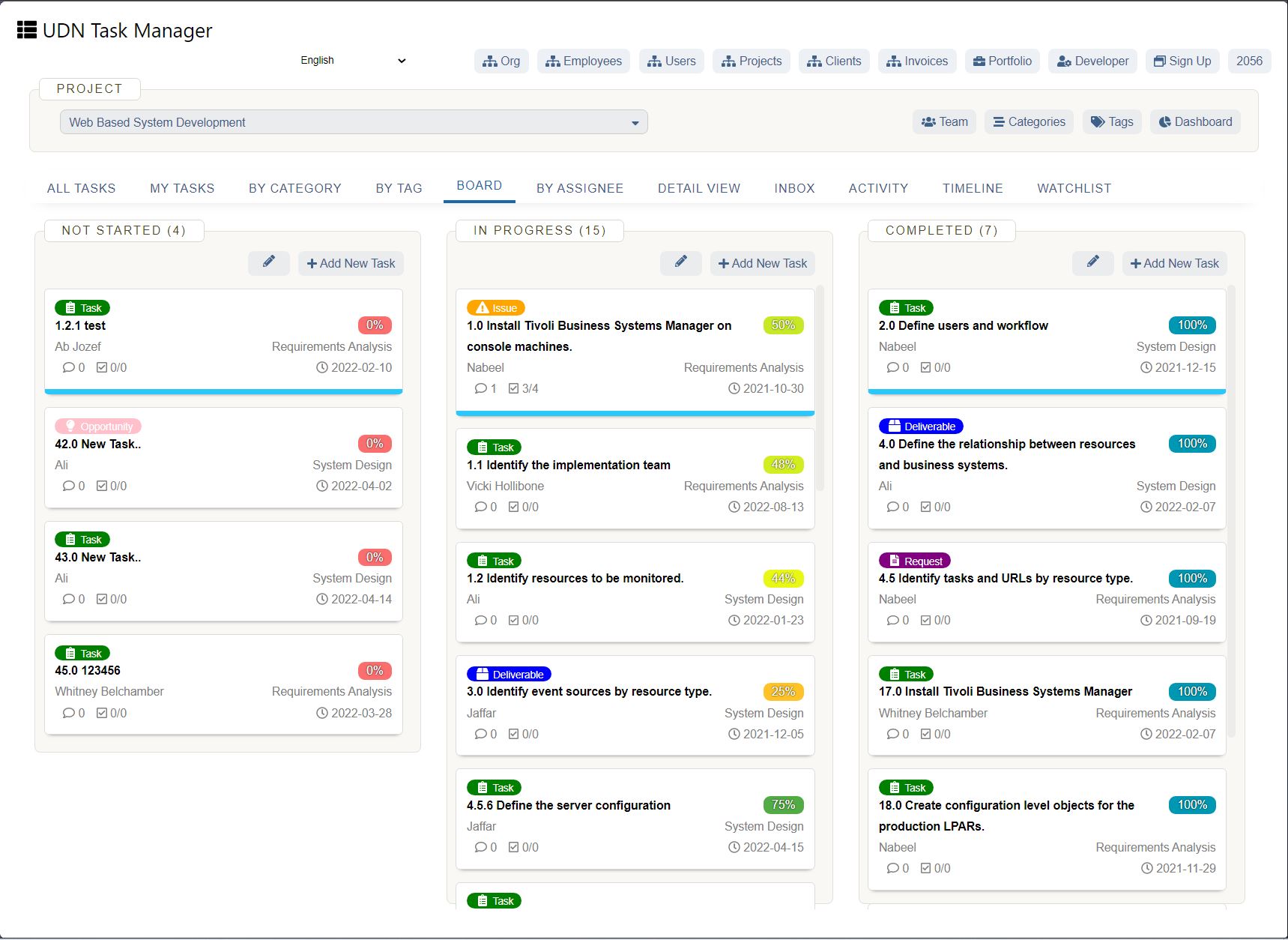
Self motivation is your ability to get motivated and proactively accomplish daily tasks. While not always easy to achieve, practicing self motivation can help you become more self-aware and prioritize what's important to you.
This is similar to intrinsic motivation , which is motivation that comes from within. The difference is that self motivation often stems from more personal factors while intrinsic motivation includes a variety of internal factors. These internal motivators may include developing yourself or volunteering because it makes your feel fulfilled. External motivators, on the other hand, may include working faster out of fear of repercussions if you work slower.
Enjoying the work you do is an important part of staying motivated and engaged throughout your workday. Plus, liking the work you do can help you inspire your team to do their very best.
To practice internal motivation, work towards goals that inspire you and focus on your sense of purpose.
Skill 3. Stress management
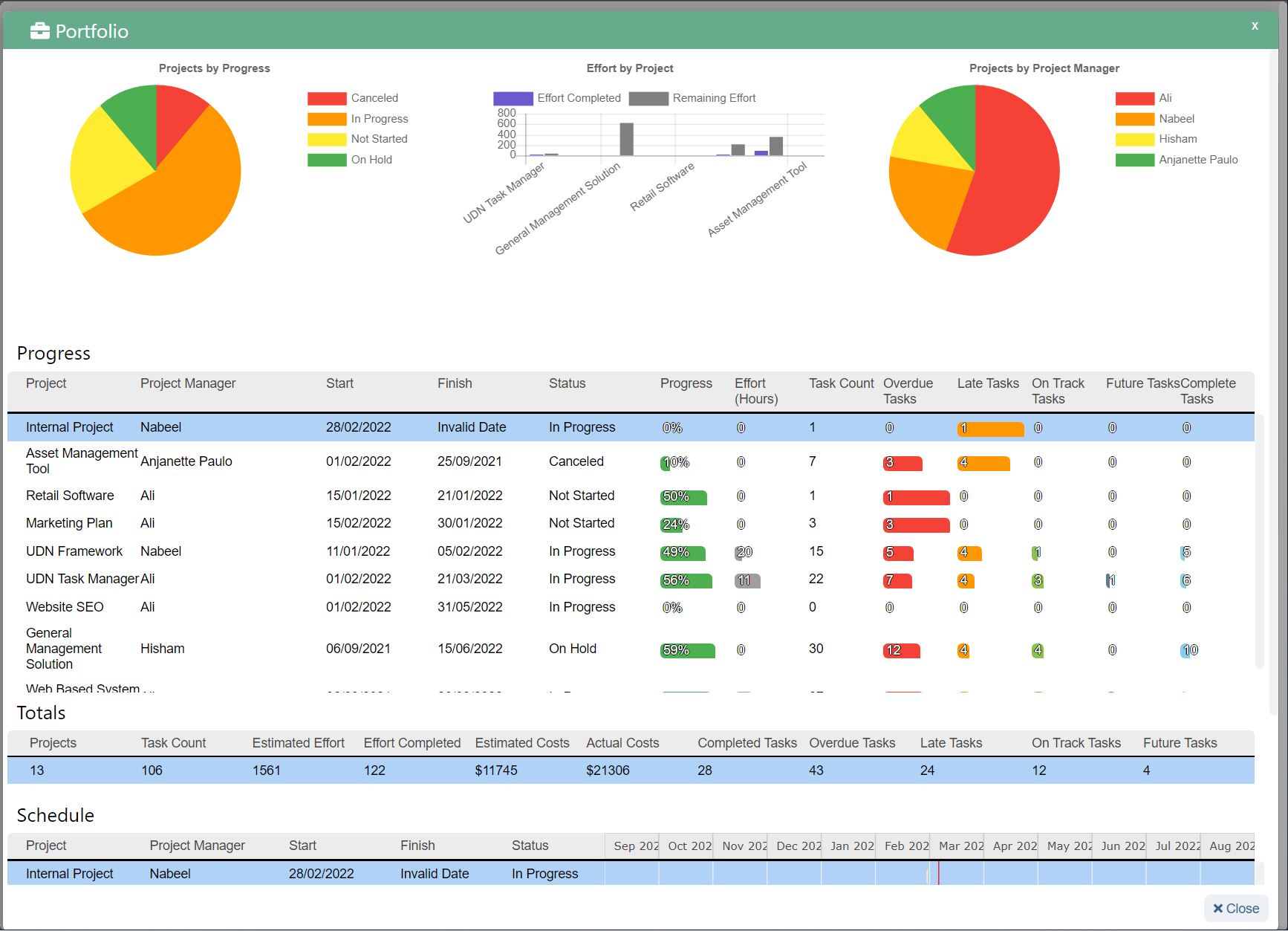
Leaders often deal with stress, but to be good at self-management you need to embody healthy stress management. Without stress management, you can suffer from overwork and, eventually, burnout .
Leaders with good stress management skills approach work in a focused manner by connecting their initiatives to larger goals. When you understand which task is most important and which deliverable is tied to a team goal, you can effectively prioritize work and get your best work done. In turn, this can help reduce your stress levels and keep you level headed.
Skill 4. Adaptability
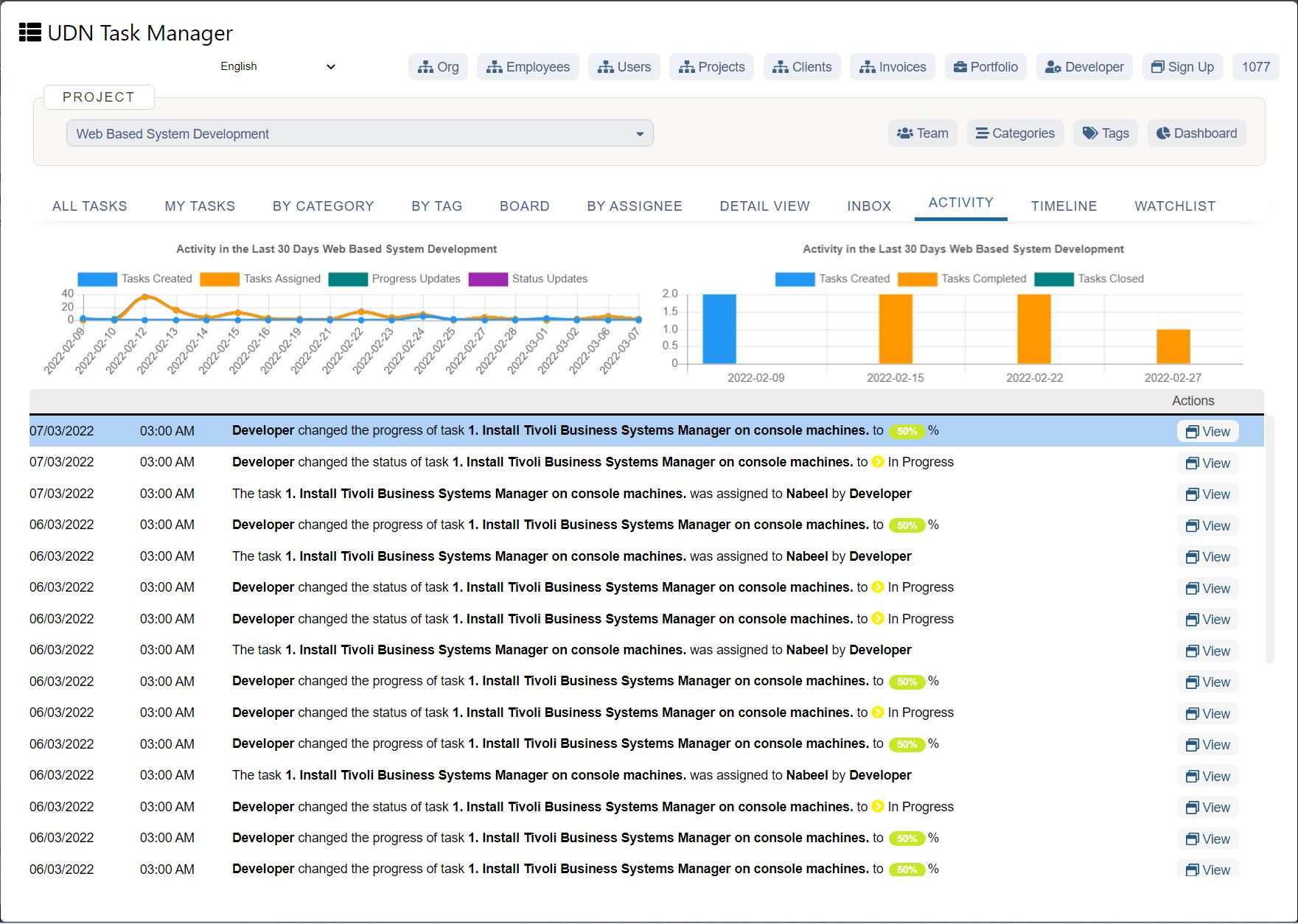
Being adaptable means you have the confidence and ability to pivot when changes arise. This is especially important for leaders who work in a fast-paced environment where project changes occur often.
For example, imagine a new project comes up that’s a higher priority than the one you’ve been working on for the last couple of weeks. Instead of becoming stressed or frustrated, you can adapt to this change with openness and curiosity. This will is an important skill to have to maintain flexibility.
While being adaptable may be uncomfortable at times, it can make you a great leader as you have the ability to tackle anything that comes your way. It also empowers your team to do the same.
Skill 5. Decision making
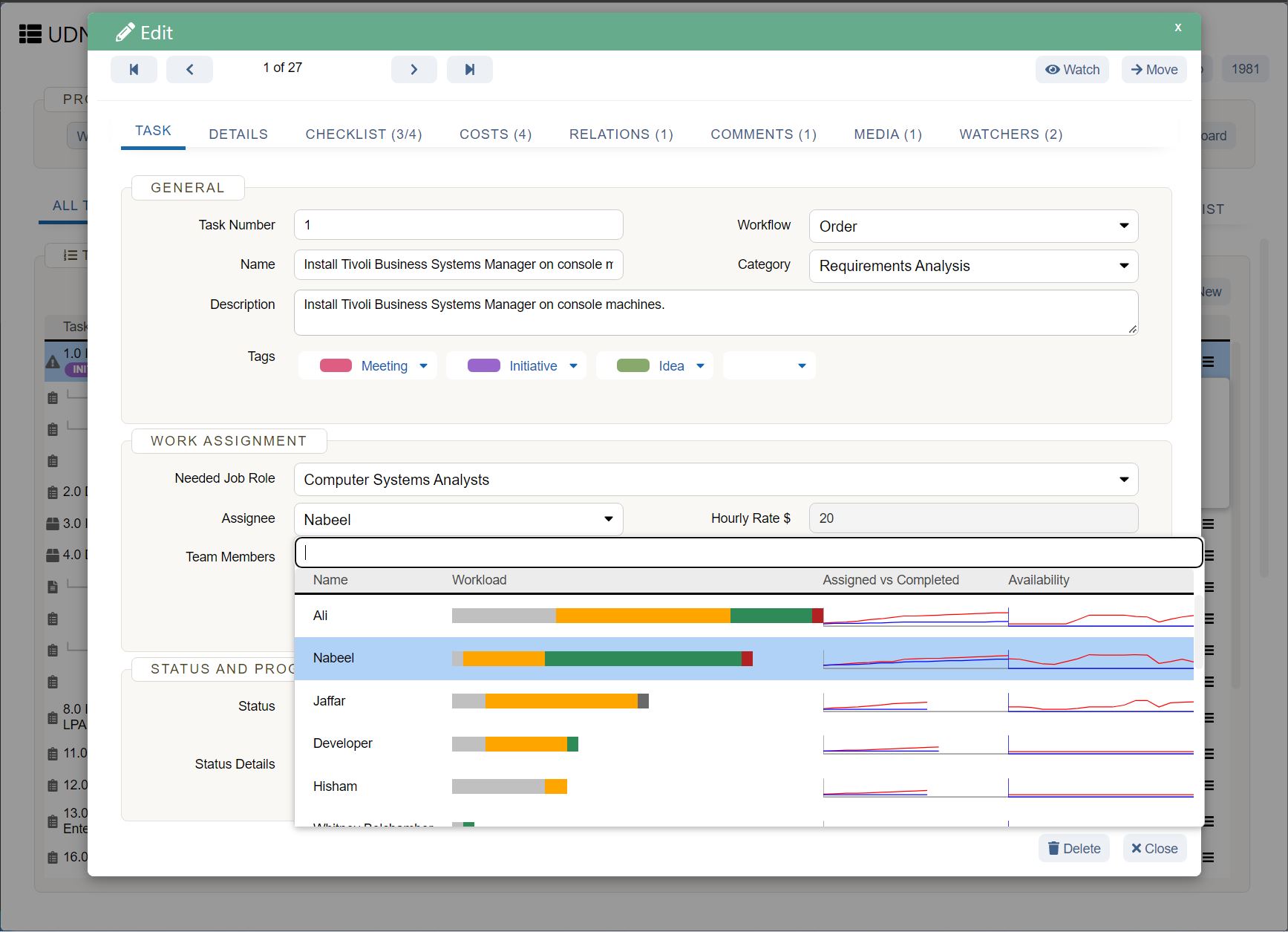
To be effective, It’s important for leaders to develop decision-making skills in order to reduce confusion and increase team confidence. Solving problems and addressing issues can help you grow your decision-making skills.
Like all of the skills we’ve looked at so far, decision making is something you can learn. To do so, practice sharpening your critical thinking skills and learning how to analyze key information when problems arise.
It’s also important to use data-driven decision making to ensure your actions come from data rather than guesswork. That way fewer issues will arise down the road.
Skill 6. Goal alignment

Setting goals means you prioritize the most important projects that have the highest impact on your business.
This means being able to see the bigger picture and knowing what’s best for your team members and organization. In the long run, this will generate stronger results and team morale.
Goal alignment consists of three main skills:
Goal setting. When goal setting, be sure to identify current pain points, forecast growth objectives, and analyze your current resource allocation plans —all of which can help you set informed goals.
Goal communication. Not only does this involve managing your team’s goals, but it always involves aligning them to your organization’s overall goals. That way, your team members understand how their work ladders up to larger objectives. This requires transparent communication and aligned teamwork .
Goal tracking. Not only is it important to set and communicate goals, but it’s also important to track them. This is critical for connecting daily work to larger goals and seeing how your team is progressing over time.
Skill 7. Personal development
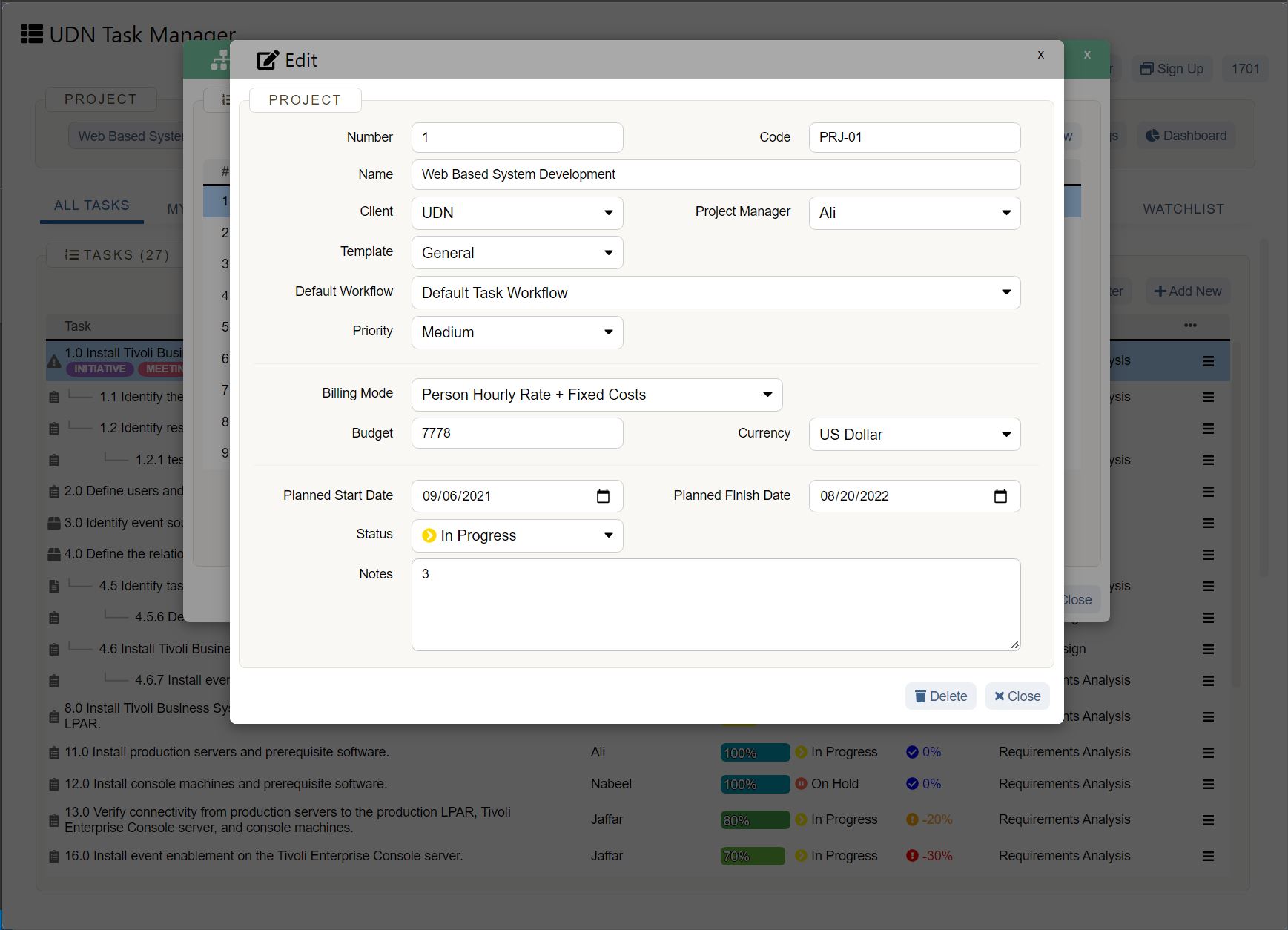
Personal development is key for all team members, but especially for leaders. In order to build your team’s knowledge, you first need to build your own.
This means taking the time to attend workshops, take courses, and connect with industry experts—all of which can help you develop your management skills.
By continuing to develop your skills, you can empower your team to do the same. Not only does this mean individual career development, but it also means growth for the good of the company.
Examples of self-management
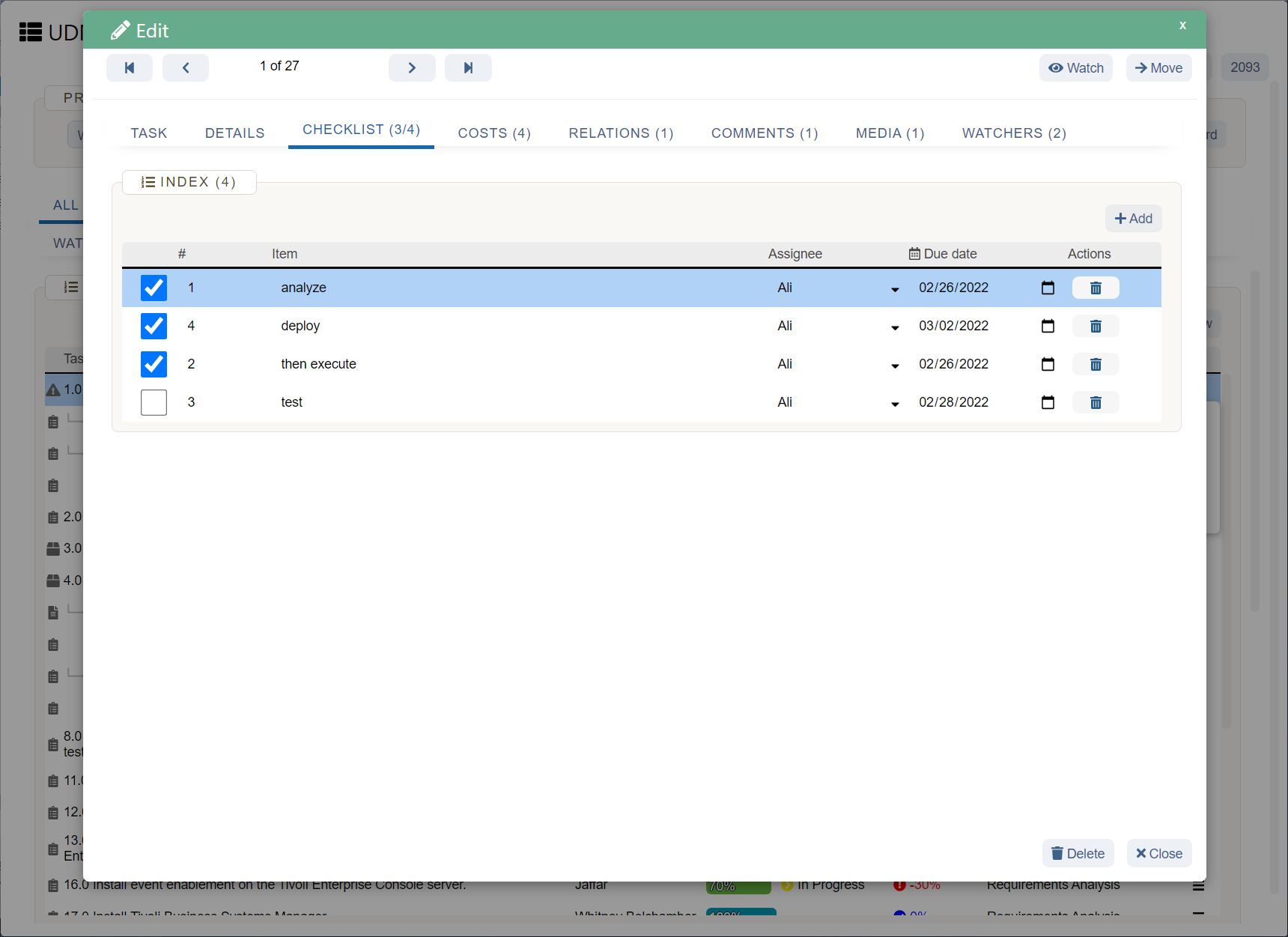
Analyzing examples of self-management in the workplace can help you understand the skills you need to develop and embody healthy self-management.
These examples involve refining the way you see yourself in order to develop strong self-esteem. Here are some examples of self-management to better understand how you can empower yourself to be a better leader in the workplace:
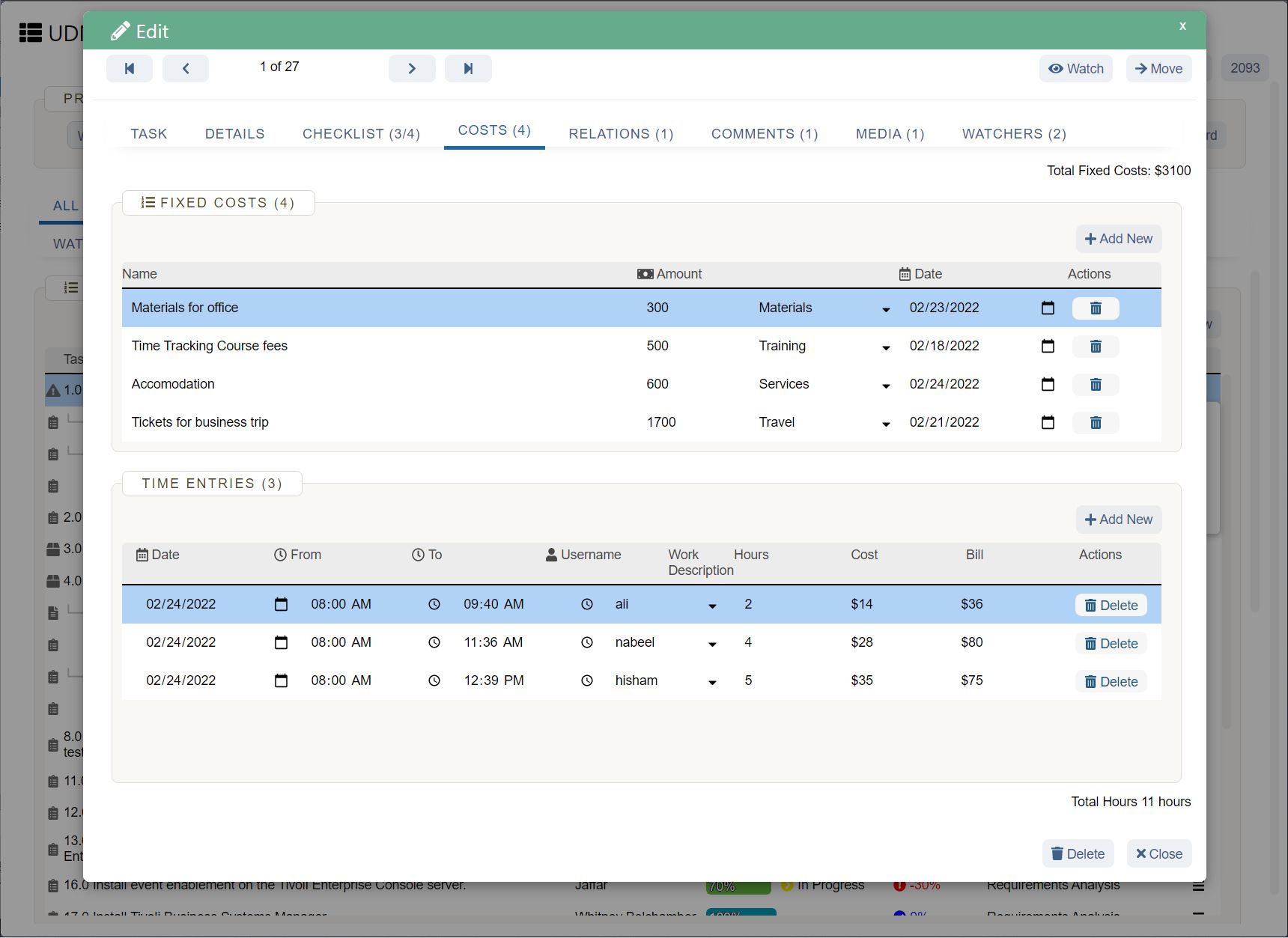
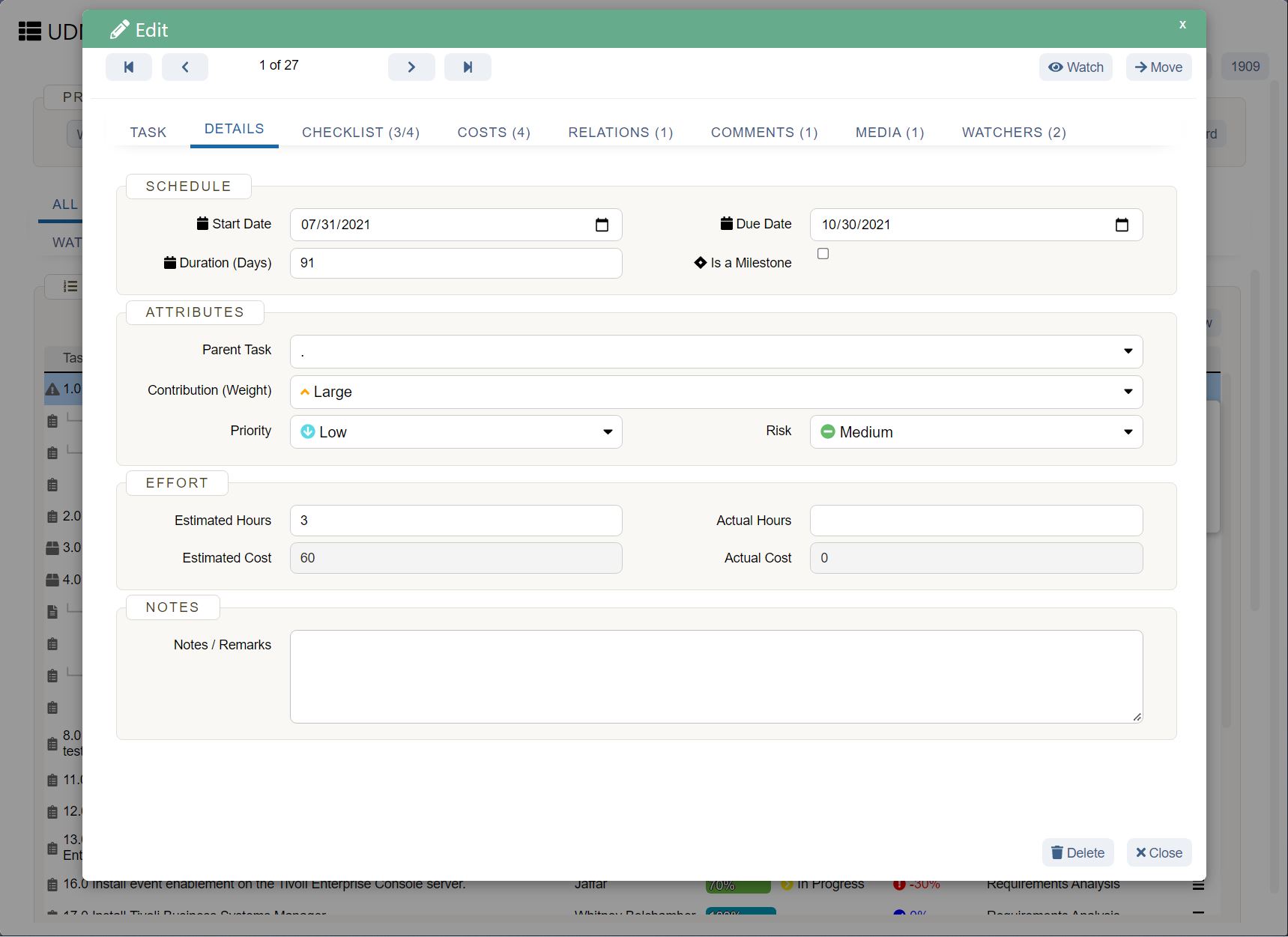
In both of these situations, the leader made rational decisions based on what was best for themselves and their teams. They were quick to make intelligent decisions while considering their own well-being in order to get good results.
Managing your behaviors and emotions
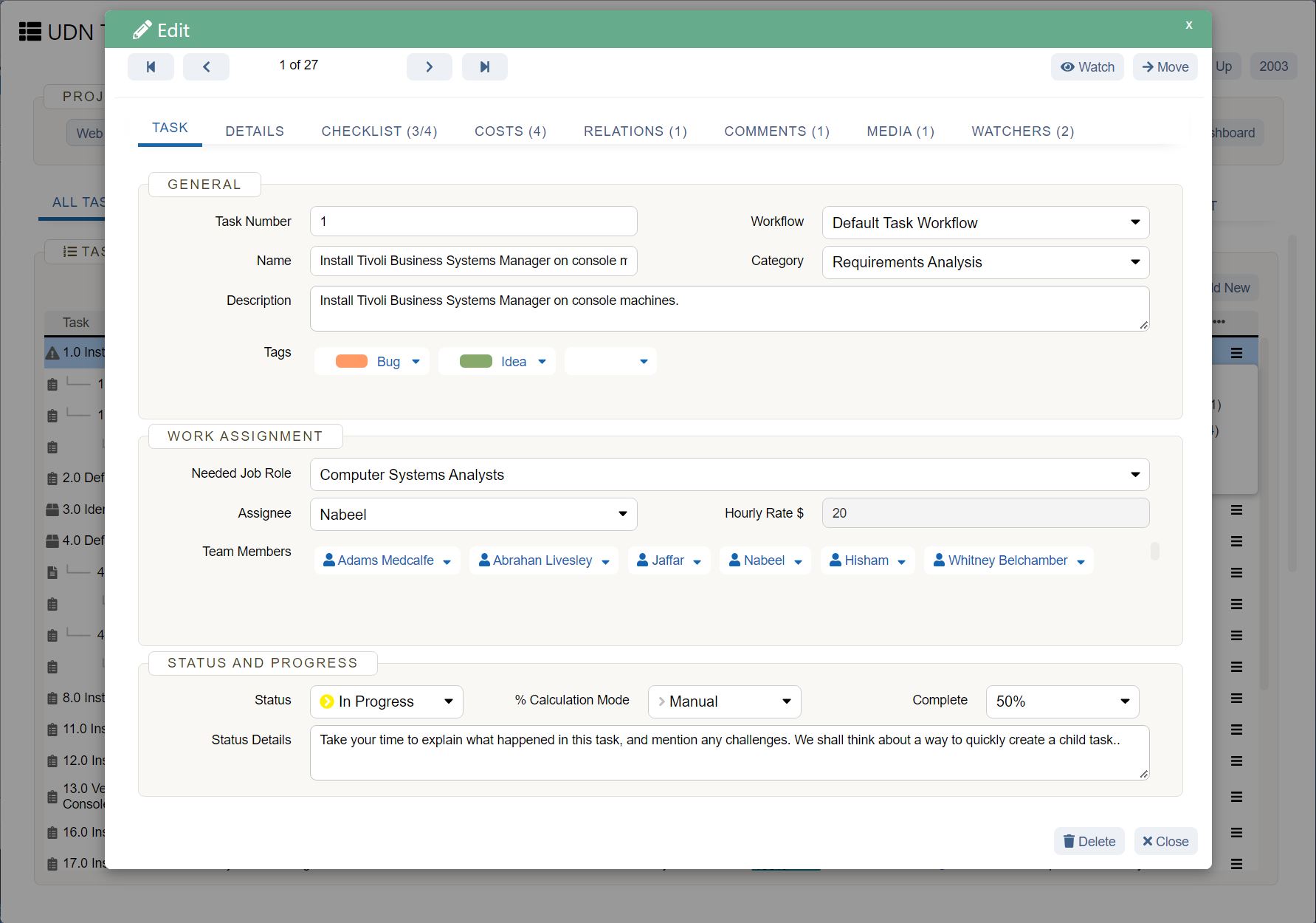
Managing your thoughts and behaviors in a productive manner can help you become better at self-management and stronger as a leader.
By streamlining your individual organizational systems, such as time management work processes, and ways you overcome stress, you can be sure you’re the best leader that you can be.
Learn additional ways to support your team with work management software. From increased productivity to team visibility, effectively managing your work doesn’t have to be challenging.











